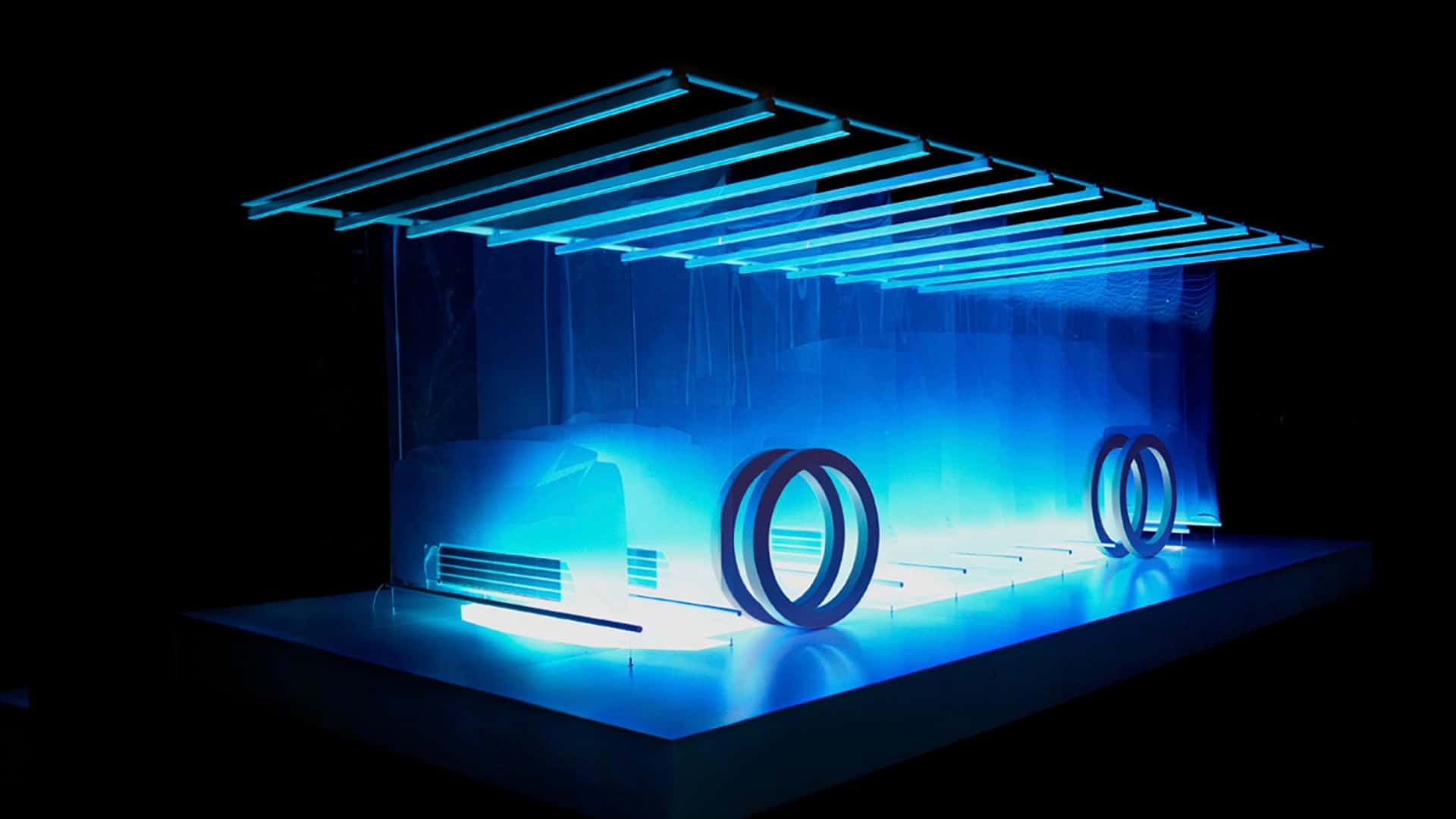Key Takeaways
- Toyota partners with Sumimoto Metal Mining to secure cathode materials for solid-state batteries by 2028.
- Solid-state batteries promise improved safety, lighter weight, and faster charging, yet face production challenges.
- Competitors like Mercedes, BMW, and Nio are also advancing in solid-state technology, presenting a competitive landscape.
Toyota’s Advances in Solid-State Battery Technology
Toyota has secured an agreement with Sumimoto Metal Mining to prioritize the supply of cathode materials necessary for solid-state batteries starting in 2028. This deal is a crucial development for the automaker, which aims to roll out its first solid-state electric vehicles (EVs) by 2027.
Solid-state batteries are considered a significant innovation in the electric vehicle market. They are lighter, safer, and can charge more rapidly compared to conventional batteries. However, they remain under development due to complex manufacturing processes and high production costs. Toyota has invested years into its solid-state battery research, with plans to introduce EVs featuring this technology in the upcoming years.
The agreement with Sumimoto is expected to facilitate the mass production of cathode materials, with output beginning as soon as April 2028. A company representative emphasized that Toyota would receive priority access, and the supplier intends to adapt to market demand.
There are indications that Toyota may initially equip hybrid vehicles with solid-state batteries rather than launching fully electrified models first. This strategy could enhance the performance of its popular hybrid lineup while managing production costs more effectively.
In addition to cathode materials, the solid electrolyte required for these batteries will be provided by Idemitsu Kosan, a leading oil refiner in Japan. This component is integral to achieving the enhanced properties that solid-state batteries offer.
While Toyota is well-positioned as a pioneer in solid-state technology, it may not be the first to market. Companies like Mercedes and BMW are currently testing prototypes on public roads, and Nio has already introduced semi-solid-state batteries in their ET5 and ET7 models in China. Nio offers battery swaps to enhance long-distance travel, showcasing the reliability and extended range these batteries can provide.
Moreover, other Chinese manufacturers are developing semi-solid-state batteries, although they still fall short of Nio’s impressive specifications. For example, the BMW i7 prototype boasts a remarkable energy density, but it remains a non-production test vehicle for the time being.
Competitors in the solid-state arena are also emerging. Honda announced in 2024 that it is developing its solid-state cells, which are designed to be smaller, lighter, and cost-effective compared to current lithium-ion options. However, Honda has yet to specify a timeline for when these batteries will reach production.
As traditional lithium-ion batteries continue to evolve, once Toyota or another manufacturer begins utilizing solid-state batteries in vehicles, it will provide greater insights into the long-anticipated potential of this groundbreaking technology. The landscape for battery development in the auto industry is intensifying, emphasizing the importance of innovation and competitiveness.
The content above is a summary. For more details, see the source article.















